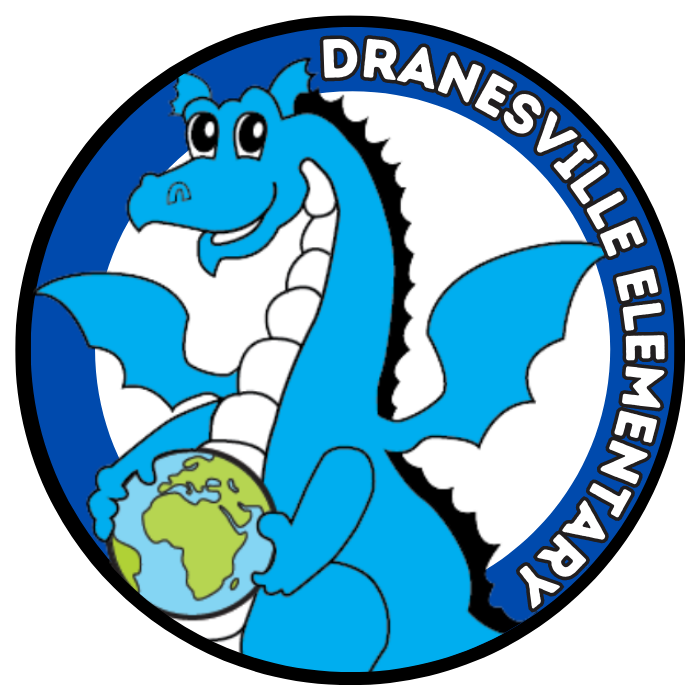School Social Worker
Meet our Social Worker
- School Social Worker
School Social Workers are dedicated to FCPS values outlined in Strategic Plan Ignite (Student Success, Caring Culture, Premier Workforce, Resource Stewardship) and Portrait of a Graduate; which drive our work with students, staff, and families. Fairfax County Public Schools Social Work Program follows the National School Social Work Practice Model as defined by School Social Work Association of America.
FCPS school social workers are committed to assessing and addressing those social, emotional, and behavioral factors that may stand in the way of students realizing their promise. They apply social work principles and methodologies in the educational environment with the primary goal of removing barriers that prevent a student from fulfilling his or her academic potential. Social workers are assigned to every school and center in the school system. Most social workers serve one to two sites.
Education, Training and Certification
School social workers have the knowledge, skills, and abilities that are fundamental to social work practice as well as specific training related to providing social work services in an educational setting. All social work staff members hold a Master of Social Work (MSW) degree and are licensed by the Virginia Department of Education. The majority of the staff are clinically licensed by the Commonwealth of Virginia Board of Social Work (LCSW) or by other jurisdictions and trained to provide mental health services in therapeutic settings.
How We Help Students, Families and Schools
- Provide individual and group counseling to students, using evidence-based practices and programs to develop social emotional competencies, foster resiliency, and cope with crisis situations and conflicts.
- Participate in student-centered meetings to address academic, mental health, and behavioral needs within the Responsive Instruction tiered system of support, including participating on multi-disciplinary teams and conducting sociocultural assessments to assist in determining eligibility for special education or Section 504 services.
- Provide crisis interventions to include conducting suicide risk assessments and threat assessments, also responding as part of crisis teams to support schools impacted by traumatic events.
- Connect students who are unable to attend school due to illness or disciplinary action with Out-of-School Support services and support their transition back to school settings through the Return to Learn process.
- Serve as liaison between home, school, and community. Family and community factors can influence learning, and school social workers focus on linking students and families to community resources to address issues such as poverty, chronic absenteeism, trauma, and child abuse. This includes providing case management and collaborating with community agencies to help families access services through Children’s Services Act (CSA), supporting students experiencing homelessness, and supporting military connected youth.
- Support and lead initiatives to address the needs of students including mental wellness screenings and activities, mentoring, and school resource fairs.
- Provide education to staff and communities on topics such as trauma-informed practices, Kognito, and Youth Mental Health First Aid.

